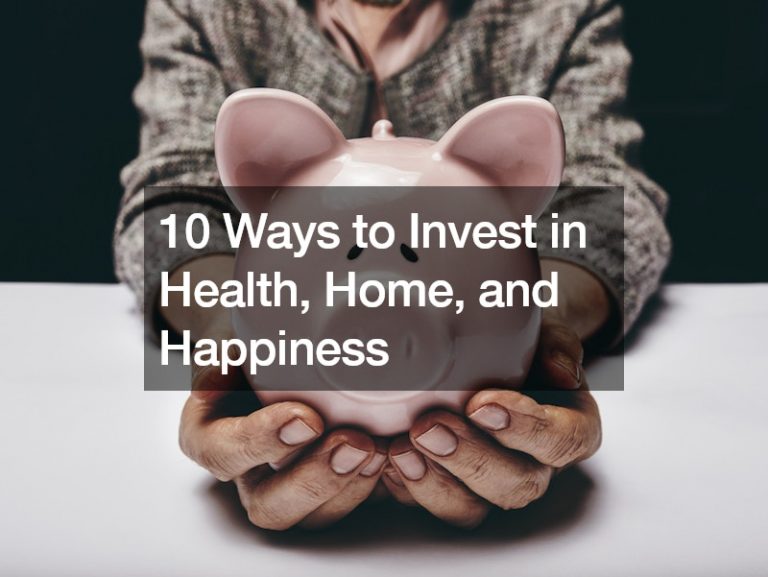It is no secret that we live in a world where it seems like there is never enough time to do everything. We are constantly juggling and balancing work and family, social life, and personal obligations.
And because of this constant balancing act, sometimes we neglect our own needs: our mental health, physical well-being, or self-care practices. But it is so important to take some time for ourselves, even if it’s just a few minutes each day, to maintain our sanity and be our best selves.
Below are some self-care practices that you can do to feel happier and healthier.
Get enough sleep.
Most people require around eight hours of sleep every night, but this can vary from person to person. If you’re not getting enough sleep, you’ll likely feel tired and cranky, and your immune system will weaken. So try to get into a routine of going to bed and waking up at the same time each day.
If you have trouble falling asleep, try avoiding screens (including your phone) for an hour before bed and reading or doing a relaxation exercise instead. Doing so will help you feel more relaxed and sleepy when it’s time to turn out the lights.
You can also use a noise machine or download a white noise app to help you sleep better. This method allows you to control the volume and choose the most relaxing sound for you, whether it’s rain, waves crashing on the beach, or even the sound of a fan.
Make time for yourself.
It can be tough to find time for ourselves when we’re constantly busy, but it’s essential! Make sure to schedule in some “me time” each day, even if it’s just for a few minutes. You can do something that relaxes you during this time, like reading, taking a bath, or meditating.
Making time for yourself will help you de-stress and recharge, making you feel better overall. You can also incorporate mindfulness activities into your daily routine, like paying attention to your breathing or the sensations in your body.
Eat healthy and nourishing foods.
What we put into our bodies directly impacts how we feel both physically and mentally. So fuel your body with nutrient-rich foods like fruits, vegetables, whole grains, and lean protein.
It would help if you also tried to limit your intake of processed foods, sugary drinks, and excessive amounts of caffeine. These can all lead to a crash in energy levels and an overall feeling of unwell.
If possible, it’s best to learn to cook simple and healthy meals. This way, you’ll have more control over what you’re eating, and you’ll be able to save money as well.
Exercise regularly.
Exercise is good for our physical health, but it can also improve our mental well-being. Even twenty minutes of moderate exercise each day can help to reduce stress levels, boost our mood, and improve our sleep quality.
So, find an activity that you enjoy and make time for it each week. Whether going for a walk, swimming, cycling or playing sports, getting active is a great way to improve your overall health and well-being.
Improve your oral health.

Our mouth is a gateway to our overall health, and poor oral hygiene can lead to several health problems. It can cause bad breath, plaque buildup, gum disease, and even tooth decay. So it’s essential to make sure that you’re brushing and flossing your teeth regularly and seeing a dentist for check-ups at least once a year.
Dental treatments are also essential, and they can help improve our oral health and overall well-being. So if you’re experiencing crooked, chipped off, or missing teeth, there are a variety of treatments available to you, like tooth implants, braces, and veneers.
Get regular medical check-ups.
It’s essential to see a doctor regularly, even if you’re feeling healthy. That is because they can check for any potential health problems and provide advice on how to maintain a healthier lifestyle.
For women, it’s recommended to have a Pap smear every three years from the age of 21. And for men, it’s recommended to have a prostate exam every year from the age of 50.
Other tests and vaccinations are also necessary, so make sure to talk to your doctor about what they recommend.
So, these are some self-care practices that you can incorporate into your daily routine to feel happier and healthier. Remember to be gentle with yourself and don’t try to do everything simultaneously. Start with one or two practices that seem the most appealing to you and go from there. Soon enough, you’ll be on your way to a better version of yourself!






